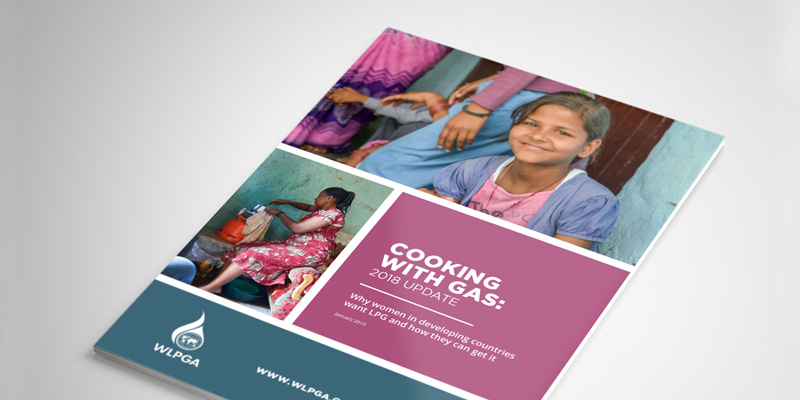Women’s
Empowerment
Empowering women and improving their status is essential to realising women’s full economic, political and social development potential. If the energy sector development is to contribute to economic growth and broader development goals, then gender equality matters. Access to clean cooking energy is a particularly gendered issue because women are primarily responsible for cooking in virtually all cultures. Cooking energy access will be a key contributor to meeting Goal 5 of the Sustainable Development Goals (SDGs) which has a focus on gender equality and reducing poverty.
Household air pollution (HAP) from smoke-inducing coal and biomass results in one death every 16 seconds, mostly women and young children
The risks and deaths related to Household Air Pollution disproportionately affect women and children, the ones collecting solid fuel and cooking with it
Women exposed to heavy indoor smoke are 2-3 times more likely to develop chronic obstructive pulmonary disease (COPD)
Modern stoves and fuels can save women’s time and effort both in fuel collection and in cooking, and women perceive this as the major advantage of Liquid Gas. Norms about responsibilities for care and housework mean that women in nearly all countries work longer hours than men, with a “triple burden” of market work, housework, and family care.
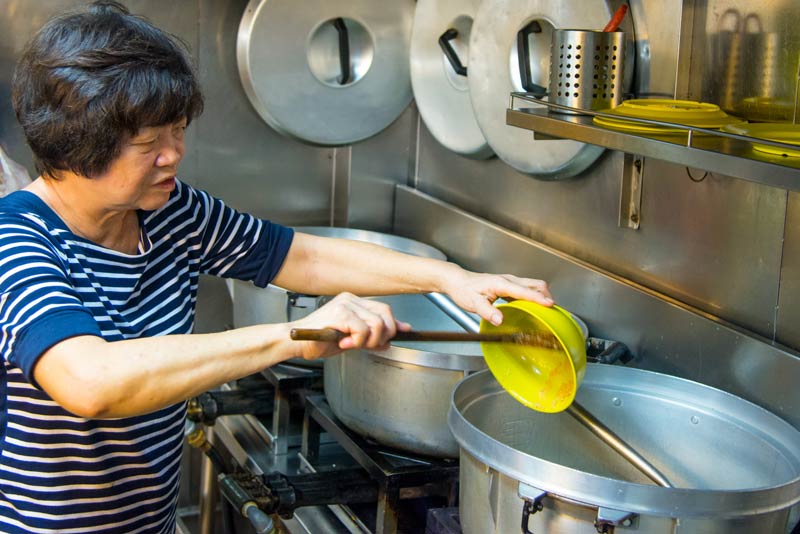
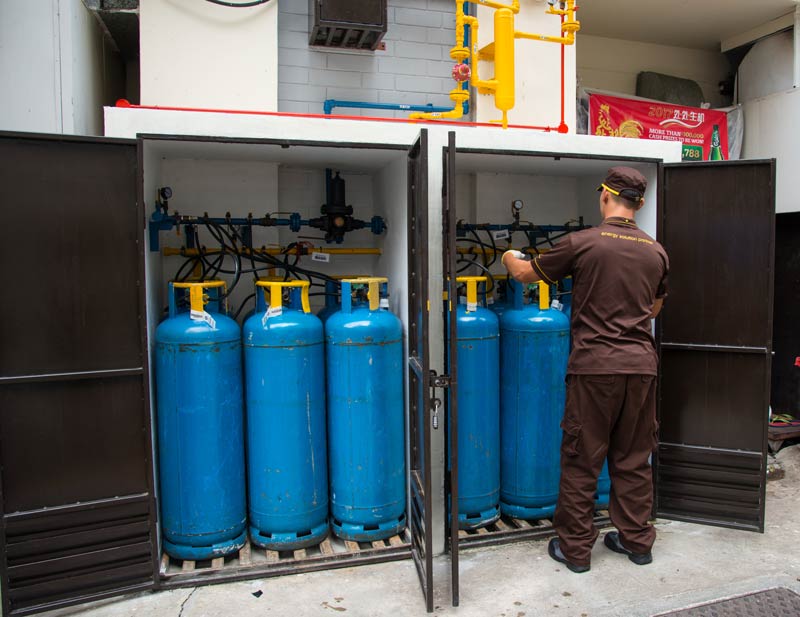
Increasing household use of Liquid Gas is one of several pathways to meet the objective of universal access to clean cooking and heating solutions by 2030, one of the three targets of SDG Goal 7 (Affordable and Clean Energy) (along with doubling the global rate of improvement in energy efficiency and doubling the share of renewable energy in the global energy mix). For the first time, access to cooking and heating energy, the most important energy need for poor women, is treated as a global and national target on an equal footing with access to electricity.
Time saved and reduced drudgery due to fuel switching can enable women to take advantage of development and empowerment opportunities.
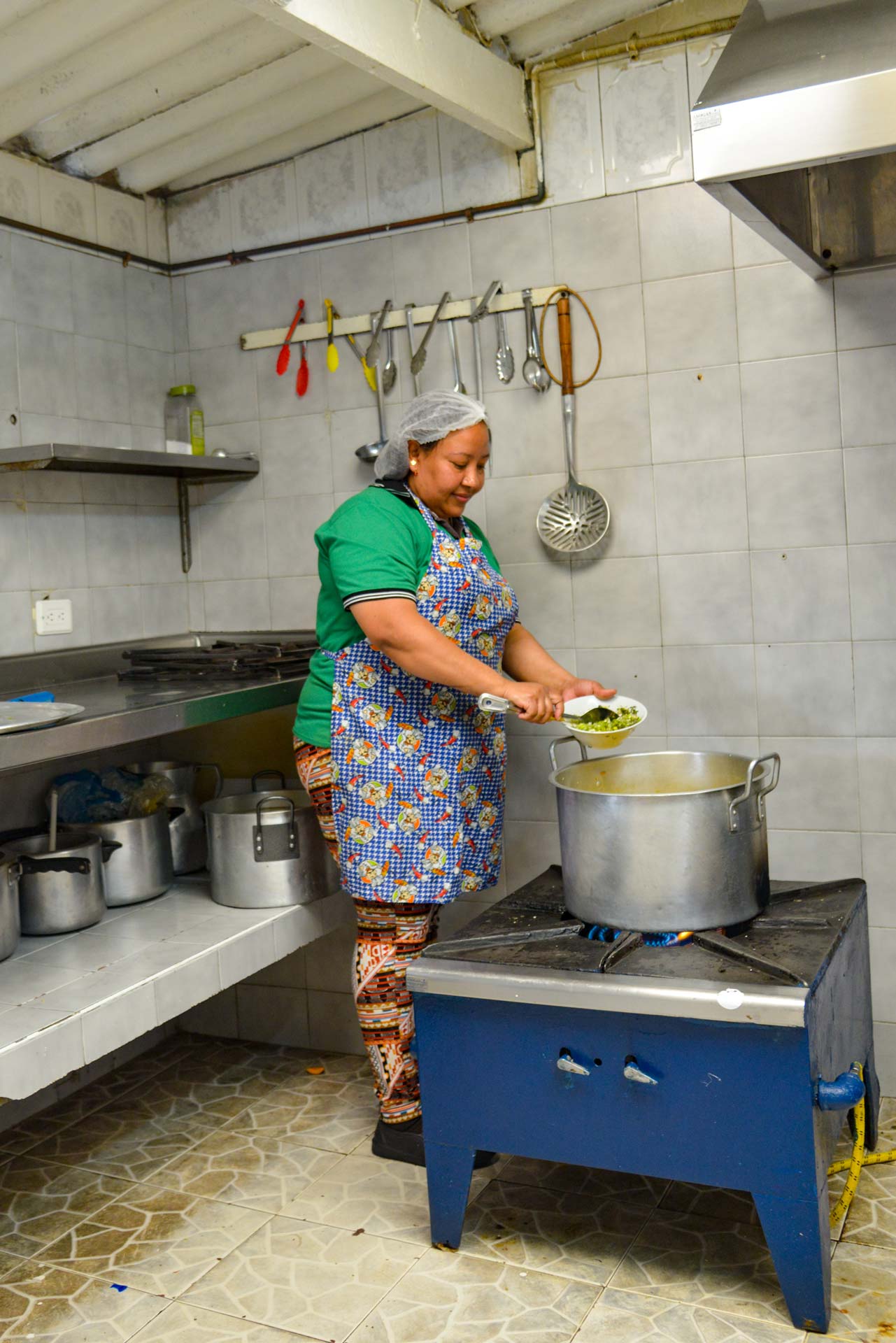
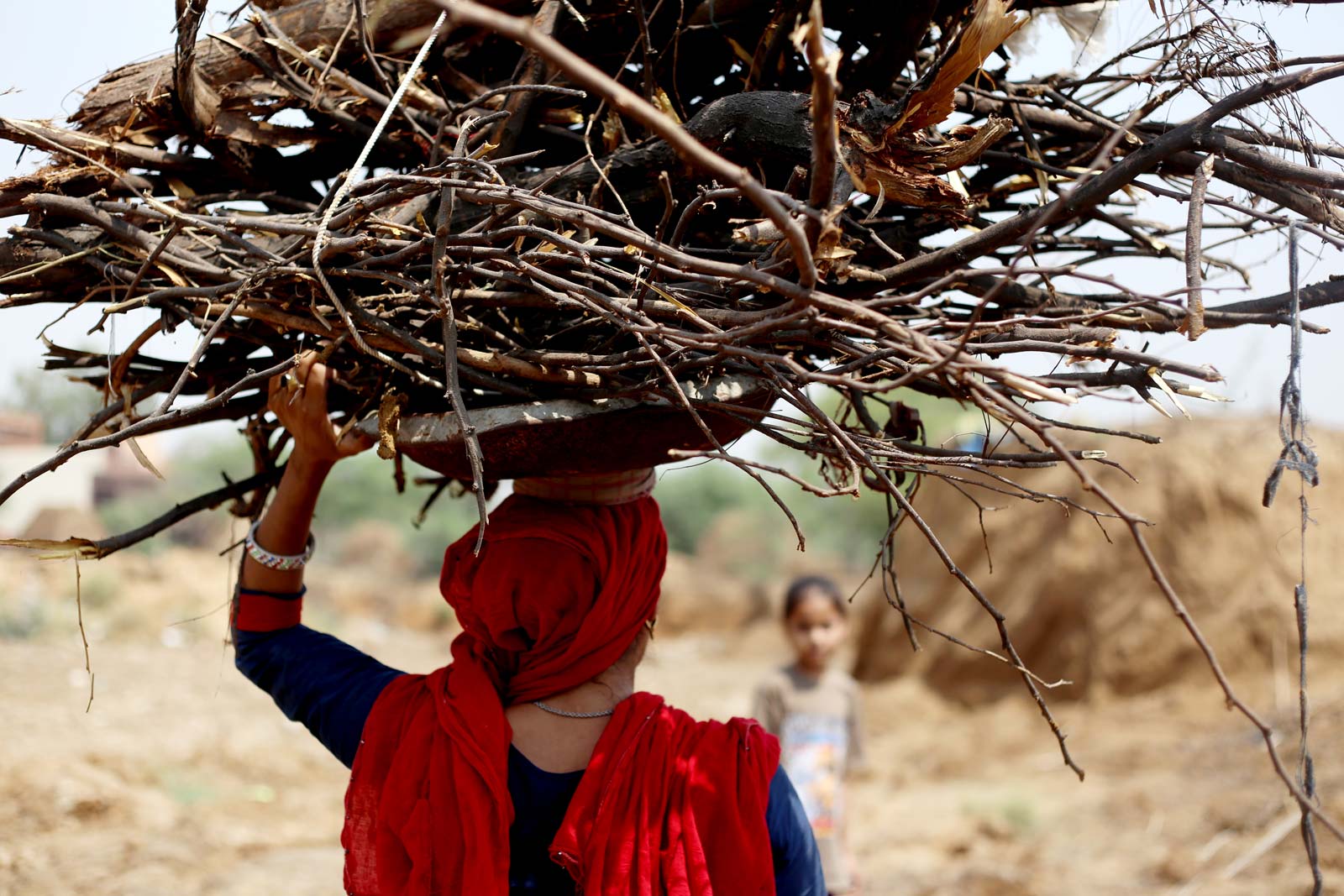
The majority of fuel collection and transport is carried out by women and girls, with head loads of 20 kg or more, and distances of up to 12 km travelled not uncommon. In some cultures, men and boys also collect fuelwood, especially when distances and loads are greater.
In Motion
Documentary
Smokeless Villages Project in India
Following on from the success of the Exceptional Energy Türkiye Video suite WLGA has launched a new video showcasing the Smokeless Villages Project in India supporting the WLGA Cooking For Life campaign.
Managed by WLPGA Industry Council Member Indian Oil Company this ambitious project switches entire villages to clean-burning LPG over very short timescales.

Changing the face of the industry
Gender balance in the LPG industry is not optimised and WLGA is in a unique position to start to make a change. This change is to be driven by WINLPG. WINLPG is a global network that will recommend actions and activities as part of the WLGA strategic planning process to address this issue.
